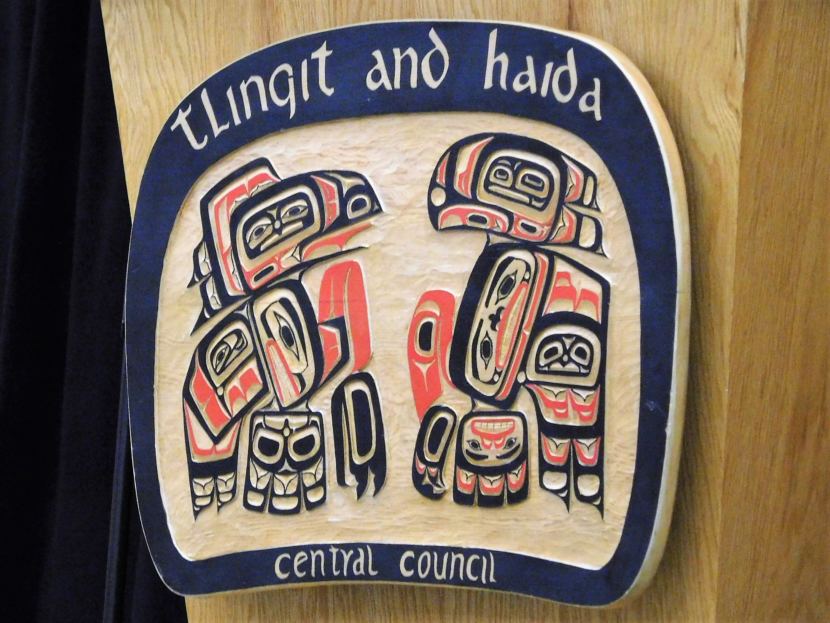
As state, federal and local governments ramp up their responses to the COVID-19 pandemic crisis, tribal governments are also coordinating efforts to keep citizens safe and healthy.
Last week, the Central Council of the Tlingit and Haida Indian Tribes of Alaska sent an emergency declaration to its 31,000 citizens. Tlingit and Haida President Richard Peterson said they did so for two reasons.
“One is to make ourselves eligible for the funding,” said Peterson. “And two, just make sure that everybody understands how serious the situation is.”
The declaration is unprecedented in Tlingit and Haida’s 85-year history as a federally-recognized tribal organization. The council has also had to postpone its tribal assembly for the first time.
Peterson said the council is especially concerned for citizens in rural villages with elderly populations and those with compromised immune systems.
Meanwhile, tribal leaders are advocating for its citizens to receive economic relief payments as part of the federal government’s CARE Act package enacted last week. The package includes aid for tribal citizens across the country.
“I think that’s (an) important recognition by the federal government that the tribes are integral parts of our communities and that we, as governments ourselves, have a role to play,” said Peterson.
And while Tlingit and Haida adapts its social services during the crisis, Peterson is asking citizens to maintain physical distancing — but to still reach out to the Central Council however they can.